ACPEE 2026 Speakers
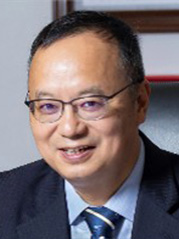
Prof. Yonghua Song |
Biography: Professor Yonghua Song has been serving as the ninth Rector of the University of Macau since 9 January 2018. Professor Song has held a number of leadership positions at British and Chinese universities and has rich experience in higher education management at a senior level. He has been actively promoting internationalization and institutional cooperation and is particularly familiar with the development and operational models of higher education institutions in Europe, the United States and Asia. |
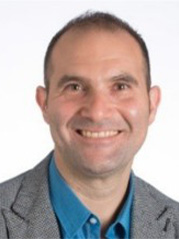
Prof. Pierluigi Mancarella |
Biography: Pierluigi Mancarella is the Chair Professor of Electrical Power Systems at the University of Melbourne, Australia, and Professor of Smart Energy Systems at the University of Manchester, UK. His key research interests include techno-economic modelling and analysis of multi-energy systems, grid integration of renewables and distributed energy resources, energy infrastructure planning under uncertainty, and security, reliability, and resilience of low-carbon networks. |
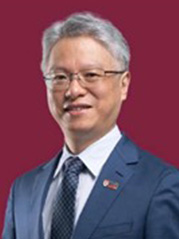
Prof. Yonggang Wen |
Biography: Yonggang Wen is a Professor and President’s Chair in College of Computing and Data Science at Nanyang Technological University (NTU), Singapore. He serves as the Associate Provost (Graduate Education) and Dean of Graduate College at NTU. Previously he has served as the Associate Vice President (Capability Building) at President’s Office (2023),the Associate Dean (Research) at College of Engineering(2018-2023), the acting Director for Nanyang Technopreneurship Center (NTC) (2017-2019) and the Assistant Chair (Innovation) at the School of Computer Science and Engineering (2016-2018), all at NTU. He received his PhD degree in Electrical Engineering and Computer Science (minor in Western Literature) from Massachusetts Institute of Technology (MIT), Cambridge, USA, in 2008. Dr. Wen has published over 300 papers in top journals and prestigious conferences. His systems research has gained global recognitions. His work in Multi-Screen Cloud Social TV has been featured by global media (more than 1600 news articles from over 29 countries) and received ASEAN ICT Award 2013 (Gold Medal). His work on Cognitive Digital Twin for Data Centre, has won the 2015 Data Centre Dynamics Awards – APAC (the ‘Oscar’ award of data centre industry), 2016 ASEAN ICT Awards (Gold Medal), 2020 IEEE TCCPS Industrial Technical Excellence Award, 2021 W.Media APAC Cloud and Datacenter Technology Leader Award, and 2022 Singapore Computer Society Digital Achiever Tech Leader Award. He was the winner of 2019 Nanyang Research Award and the sole winner of 2016 Nanyang Awards for Innovation and Entrepreneurship, both of which are the highest recognition at NTU. He is a co-recipient of multiple Best Paper Awards from top journals, including 2019 IEEE TCSVT and 2015 IEEE Multimedia, and at international conferences, including 2023 ASPLOS, 2016 IEEE Globecom, 2016 IEEE Infocom MuSIC Workshop, 2015 EAI Chinacom, 2014 IEEE WCSP, 2013 IEEE Globecom and 2012 IEEE EUC. He is the Editor in Chief of IEEE Transactions on Multimedia (TMM), serves or has served on editorial boards for multiple IEEE and ACM transactions, and was the elected Chair for IEEE ComSoc Multimedia Communication Technical Committee (2014-2016). His research interests include cloud computing, green data centre, big data analytics, multimedia network and mobile computing. He is a Fellow of IEEE and Singapore Academy of Engineering, and an ACM Distinguished Member. |
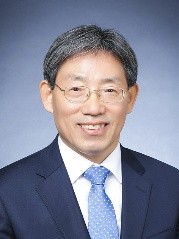
Prof. Chul-Hwan Kim |
Keynote Lecture: Hybrid AC/DC Distribution System and Protection
Abstract: As DC power sources and DC loads are connected to the power system on a large scale, the conventional AC distribution systems are reaching their limitations. In response, medium-voltage DC (MVDC) distribution systems are emerging as an alternative for the next-generation distribution system. In Republic of Korea, the goal is to operate an AC/DC hybrid distribution system by 2030, and partially replacing existing AC distribution system with DC distribution system is being considered. With the same conductor and insulation ratings, a DC line can transmit roughly twice the power of an AC line. Medium-voltage DC (MVDC) distribution is also expected to substantially increase the hosting capacity for renewable resources, DC sources, and DC loads. Operationally, MVDC avoids frequency-related stability constraints, experiences lower voltage drop and reduced losses because reactive power is absent, enables more efficient integration of DC sources and loads through direct interconnection, and improves overall asset utilization by enabling controllable power flows via power-electronic converters.
Biography: Prof. Chul-Hwan Kim is an IEEE Fellow, KIEE Fellow and earned his B. S., M. S., and Ph. D. degrees in electrical engineering from Sungkyunkwan University, Seoul, Korea, in 1982, 1984, and 1990, respectively. In 1996, 1998, and 1999, he was a visiting academic at the University of Bath, U.K. Currently, he serves as a professor at School of Electrical and Electronics Engineering of Sungkyunkwan University, Seoul, Korea(south). |
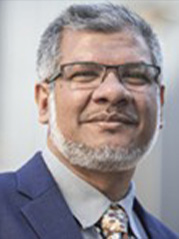
Prof. Kashem Muttaqi |
Biography: Professor Kashem Muttaqi is the Director of the Australian Research Council Industrial Transformation Training Centre in Energy Technologies for Future Grids (ARC Future Grids ITTC), which is sponsored by the Australian Government, and several industries and Universities in Australia. He is also the Director of the Australian Power and Energy Research Institute (APERI) at the University of Wollongong (UOW), New South Wales, Australia. He is a Distinguished Professor and Discipline Leader – Electrical Engineering at the School of Electrical, Computer and Telecommunications Engineering, University of Wollongong. |
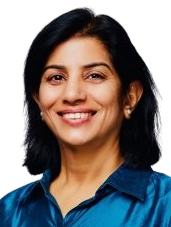
Prof. Dipti Srinivasan |
Biography: Dipti Srinivasan is a Professor in the Dept. of Electrical & Computer Engineering, where she also heads the Centre for Green Energy Management & Smart Grid (GEMS). She is a Fellow of IEEE, and was awarded the IEEE PES Outstanding Engineer award in 2010. She is currently serving as an Associate Editor of IEEE Transactions on Sustainable Energy, IEEE Transactions on Smart Grid, IEEE Transactions on Evolutionary Computation, IEEE Transactions on Neural Networks and Learning Systems, and IEEE Computational Intelligence magazine. |
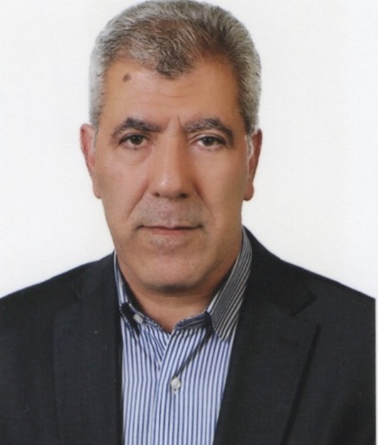
Prof. Mahmoud Fotuhi-Firuzabad |
Biography: M. Fotuhi-Firuzabad (IEEE Fellow, 2014) received the B.Sc. and M.Sc. Degrees in Electrical Engineering from Sharif University of Technology and University of Tehran in 1986 and 1989, respectively and the M.Sc. and Ph.D. Degrees in Electrical Engineering from the University of Saskatchewan, Canada, in 1993 and 1997, respectively, where he worked as the postdoctoral fellow and assistant professor from 1998-2001 and 2001-2002, respectively. Currently, he is a professor of Electrical Engineering Department at Sharif University of Technology, Tehran, Iran. He is a member of center of excellence in power system control and management in the same department. He was the president of Sharif University of Technology (2014-2021) and Head of the Department of Electrical Engineering (2005-2014). His current research interests include operation and planning of electric power systems, power system reliability, distributed renewable generation, demand response and smart grid technologies. His technical contributions in the field include more than 700 papers, and supervising more than 130 masters theses and doctoral dissertations. These publications have been well recognized in the scientific community with more than 28,000 citations with an h-index of 86. He is the recipient of several national and international awards including World Intellectual Property Organization (WIPO) Gold Medal for the outstanding inventor award, 2003, PMAPS International Society Merit Award for contributions of probabilistic methods applied to power Systems in 2016, Outstanding Researcher Award in the Iranian Power Industry (Iran-2017), Nationwide Outstanding Research Award (Iran-2012), Sixteen Khwarizmi International Award, and 2014 Allameh Tabatabaei Award. He has received the IEEE Transactions Prize Paper Award for the publication “Optimal PMU Placement Based on Probabilistic Cost/Benefit Analysis, IEEE Transactions on Power Systems, 2013”. He is the recipient of the 2025 IEEE PES Roy Billinton Power System Reliability Award. He has been the PI of more than 40 industrial projects, and a keynote speaker in a number of national and international conferences. He has also offered a number of short courses in power systems reliability at academic institutions and industries in Iran and abroad. Dr. Fotuhi-Firuzabad has been a visiting professor in several internationally renowned institutions and universities (Finland-Aalto University, Denmark-Aalborg University, Malaysia- Universiti Teknologi MARA, China-North China Electric Power University). He served as the Editor-In-Chief of the IEEE Power Engineering Letters from 2017 to 2022. He also served as the Associate Editor of Nature Scientific Report, Guest Associate Editor, Special Issue on “Electric Vehicle Charging Impacts on Power Systems”, ”Reliability and Resilience Modelling, Assessment, and Enhancement of Modern Power Systems with Proliferation of Grid-Edge Resources”, IET Generation, Transmission & Distribution, and Special Issue on ”Climate Change Mitigation and Adaptation in Electrical Power and Energy Systems”, International Journal of Electrical Power & Energy Systems. Dr. Fotuhi-Firuzabad is the Deputy Editor-in-Chief, Journal of Protection and Control of Modern Power Systems (PCMP)”, Springer. He is a Fellow of The World Academy of Sciences (TWAS), Associate Fellow of the Iran National Academy of Sciences, and a Fellow of IEEE for his contributions to the application of probabilistic techniques in power systems reliability assessment. Dr. Fotuhi-Firuzabad is currently Editor-in-Chief of the IEEE Transactions on Smart Grid. |
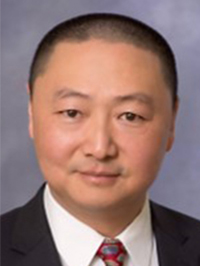
Prof. Yi Zhang |
Biography: Dr. Yi Zhang joined RTDS Technologies Inc. in 2000, where he now serves as Vice-President R&D and Chief Technology Officer (CTO). He has over 32 years of experiences working in power system simulation and analysis. His expertise includes Real Time EMT Simulation, Voltage Stability and HVDC, etc. As a principal member of the RTDS development team, he developed many simulation models on RTDS Real Time Simulator in the past 23 years. At present, Dr. Zhang leads the research and development activities in RTDS Technologies. He also serves as an adjunct professor at the University of Manitoba Canada and Hunan University China, and an editor of IEEE Transactions on Power Delivery. Dr. Zhang is a Fellow of IEEE, a Fellow of Canadian Academy of Engineering and a registered professional engineer in the province of Manitoba. |
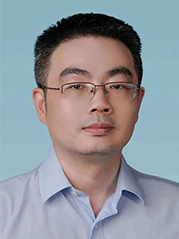
Prof. Yi Ding |
Biography: Professor Yi Ding is the Vice Dean of the College of Electrical Engineering at Zhejiang University, as well as a recipient of the National Outstanding Youth Fund, a National Young Distinguished Expert, and an awardee of the China Electric Power Outstanding Scientific and Technological Worker Award. He is committed to research in areas such as intelligent power grid design and optimized operation, renewable energy planning and operation, risk analysis of complex engineering systems, demand-side management, and electricity markets, and has achieved a series of original and systematic research results, including 1 National Second Prize for Progress in Science and Technology, 6 provincial and ministerial-level awards such as the First Prize for Progress in Science and Technology from China Electric Power and Zhejiang Province, and 6 published works (including the first international monograph in the field of power grid temperature-controlled load regulation); he has published over 250 academic papers in renowned academic journals and conferences such as IEEE Transactions on Power Systems and IEEE Transactions on Reliability, with 6 ESI Highly Cited Papers (Top), and his papers have been cited 1,320 times in SCI in the past five years, with an h-index of 33 and an i-10 index of 99, 11 papers ranking among the top 5% in citation counts and 25 among the top 10%—his papers have also been selected into the "Top 20 Most Attention-Grabbing Papers" in the "Smart Grid" column of Proceedings of the CSEE and the "Top 10 Most Cited Papers of 2020" in Proceedings of the CSEE, and he holds more than 60 authorized invention patents. In addition, he serves as an editorial board member for several international journals including Applied Energy and Journal of Modern Power Systems and Clean Energy, and holds positions such as Member of the China Steering Committee of the International Council on Large Electric Systems (CIRED), Member of the Zhejiang Electricity Market Management Committee, Standing Member of the Professional Committee on Reliability System Science and Engineering of the Chinese Association of Command and Control, and Vice Chairman of the System Reliability Professional Committee of the Systems Engineering Society of China; since returning to China full-time, he has presided over 4 National Natural Science Foundation projects, participated in 2 National Natural Science Foundation projects, and participated in 1 National Key R&D Program project as both a project leader and a core team member. |
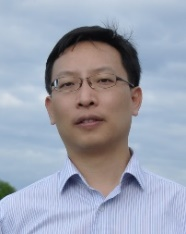
Prof. Zhao Xu |
Keynote Lecture: Low-Carbon Transition and Resilience Evolution of Modern Power Systems under Climate Change
Abstract: To mitigate global warming, power systems must develop weather-sensitive green energy for a low-carbon transition. However, this shift poses challenges to reliable power supply, especially during extreme weather events. This presentation provides an overview of global climate change and decarbonization trends, followed by an analysis of climate-induced resilience risks engaged in low-carbon power systems. Subsequently, an integrated meteorological-electrical framework is developed for online assessment of power system short-term resilience under extreme weather. Finally, the evolution of power system resilience theory under long-term climate change is explored.
Biography: Prof. Zhao Xu received the B.Eng. degree from Zhejiang University, Hangzhou, China, in 1996, the M.Eng. degree from the National University of Singapore, Singapore, in 2002, and the Ph.D. degree from The University of Queensland, Brisbane, QLD, Australia, in 2006, all in electrical engineering. From 2006 to 2010, he was an Assistant and then an Associate Professor with the Department of Electrical Engineering, Technical University of Denmark, Kongens Lyngby, Denmark. Since 2010, he has been with The Hong Kong Polytechnic University, Hong Kong, where he is currently a Professor with the Department of Electrical Engineering and the Leader of Smart Grid Research Area. He is also a foreign Associate Staff of the Centre for Electric Technology, Technical University of Denmark. His research interests include smart grid, renewable energy, and applications of AI and big data analytics. He has extensive research project experiences involving collaborations with academia, industrial, and business sectors. Prof. Xu was the recipient of several awards for research excellence, including the 2017 State Award in Nature Science from MOE, China. He is currently the Chairman of the IEEE Hong Kong Joint Chapter of PES/IELS/IAS/PELS. He has served/is serving as an editor for a number of IEEE Transactions and IET journals. |
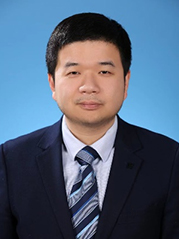
Prof. Jin Lin |
Biography: Professor Lin Jin is a Mingtao Chair Tenured Associate Professor and Doctoral Supervisor at the Department of Electrical Engineering, Tsinghua University. He has long been engaged in research on power and hydrogen energy systems. He currently holds the positions of Secretary of the General Party Branch and Vice Dean of Weiyang College, Assistant Director of the National Key Laboratory of New Power Systems, and Director of the Smart Hydrogen Energy System Laboratory at Tsinghua Sichuan Energy Internet Research Institute. He has won the Second Prize of the National Science and Technology Progress Award and the First Prize of the Natural Science Award of the Ministry of Education. |
ACPEE Past Speakers
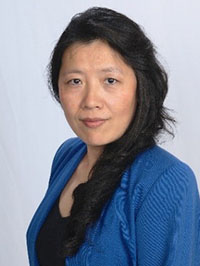
Dr. Jessica Bian
President of IEEE Power & Energy Society (PES), USA

Prof. Saifur Rahman
2023 IEEE President and CEO
Virginia Tech Advanced Research Institute, USA
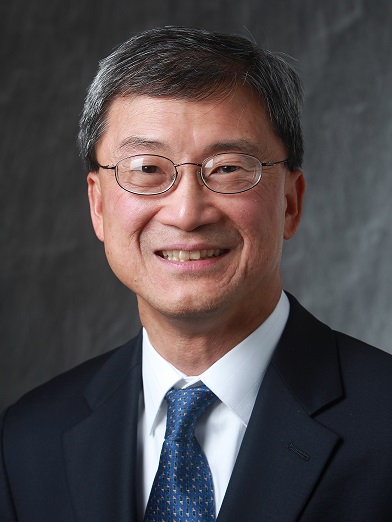
Prof. Joe H. Chow
Rensselaer Polytechnic Institute, USA
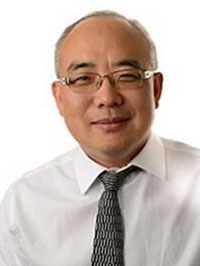
Prof. Zhaoyang Dong
Nanyang Technological University, Singapore
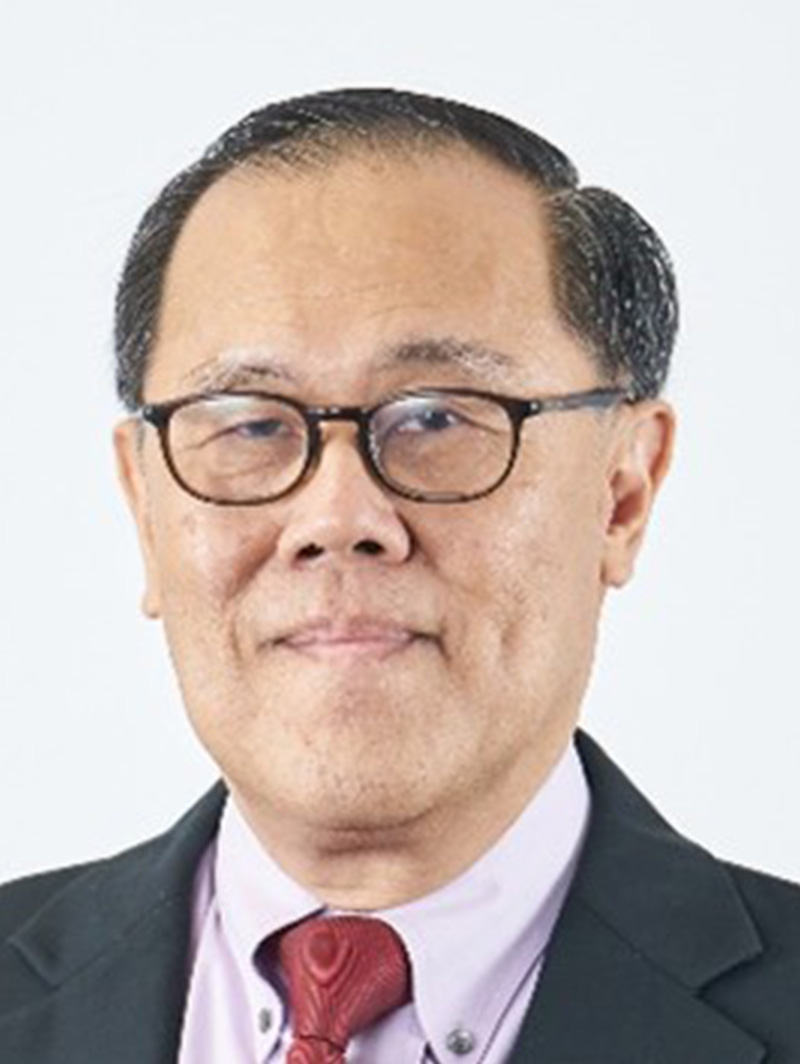
Prof. Hoay Beng GOOI
Nanyang Technological University, Singapore
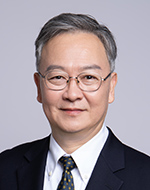
Prof. Mo-Yuen Chow
Shanghai Jiaotong University, China
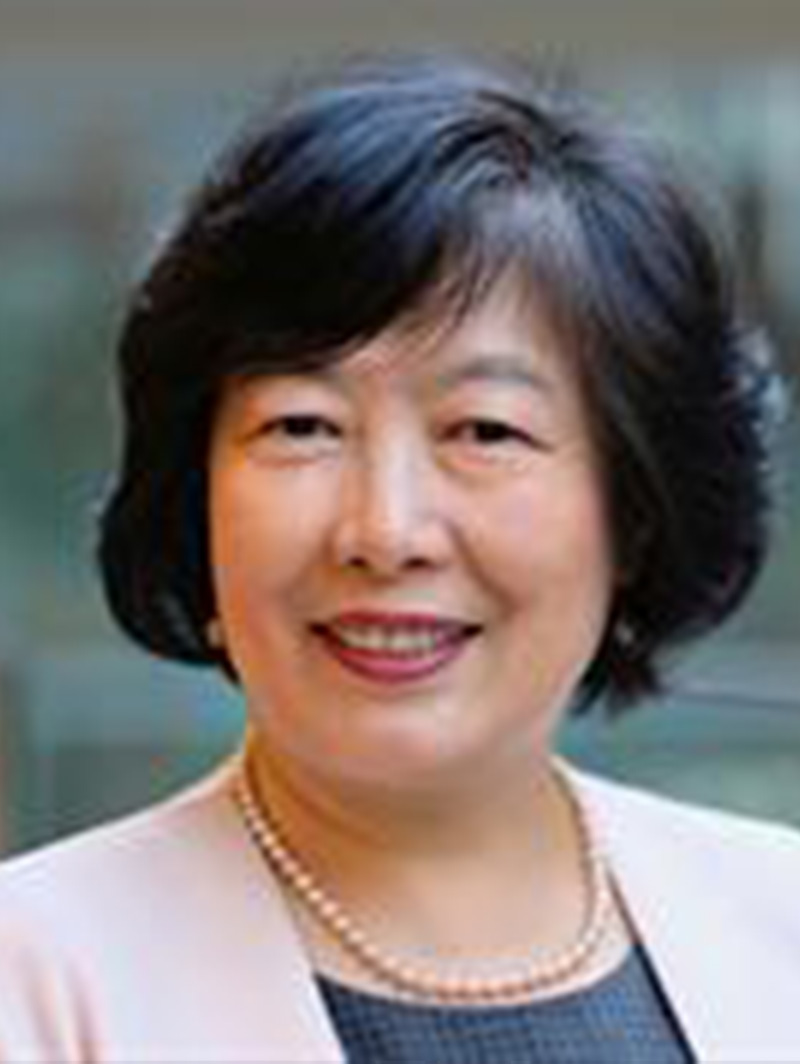
Prof. Jie Lu
University of Technology Sydney, Australia
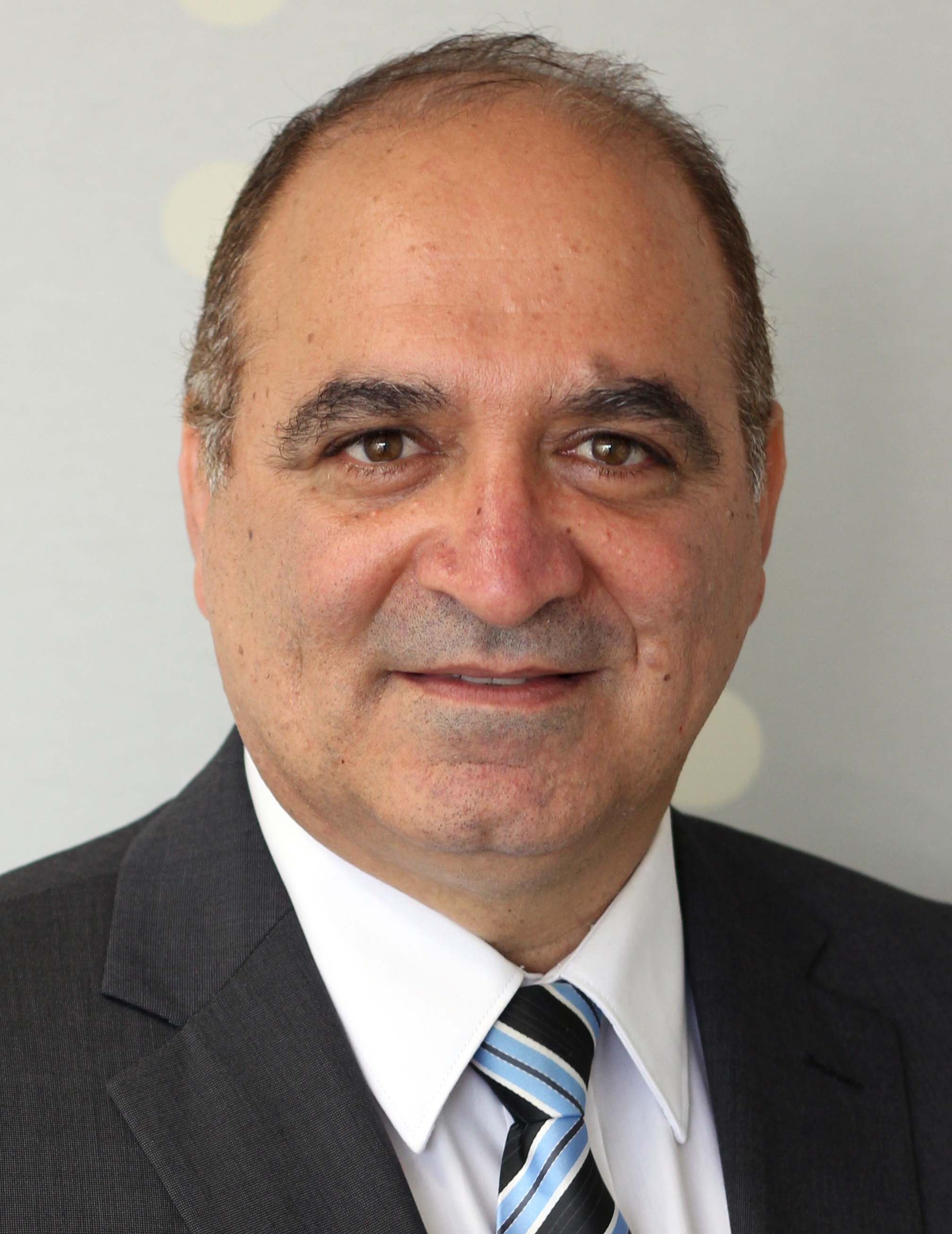
Dean Sharafi
Australian Energy Market Operator (AEMO), Australia
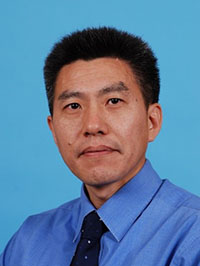
Prof. Zhengtao Ding
The University of Manchester, UK
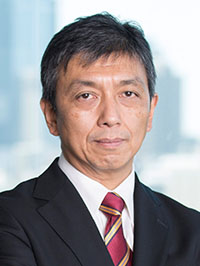
Prof. Hideo Ishii
Waseda University, Japan
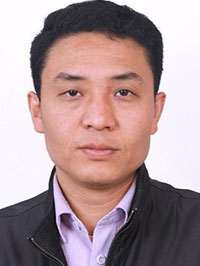
Prof. Hongjie Jia
Tianjin University, China
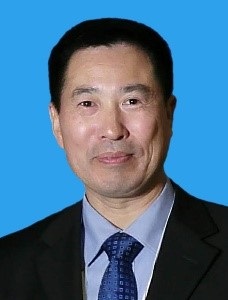
Prof. Wenpeng Luan
Tianjin University, China
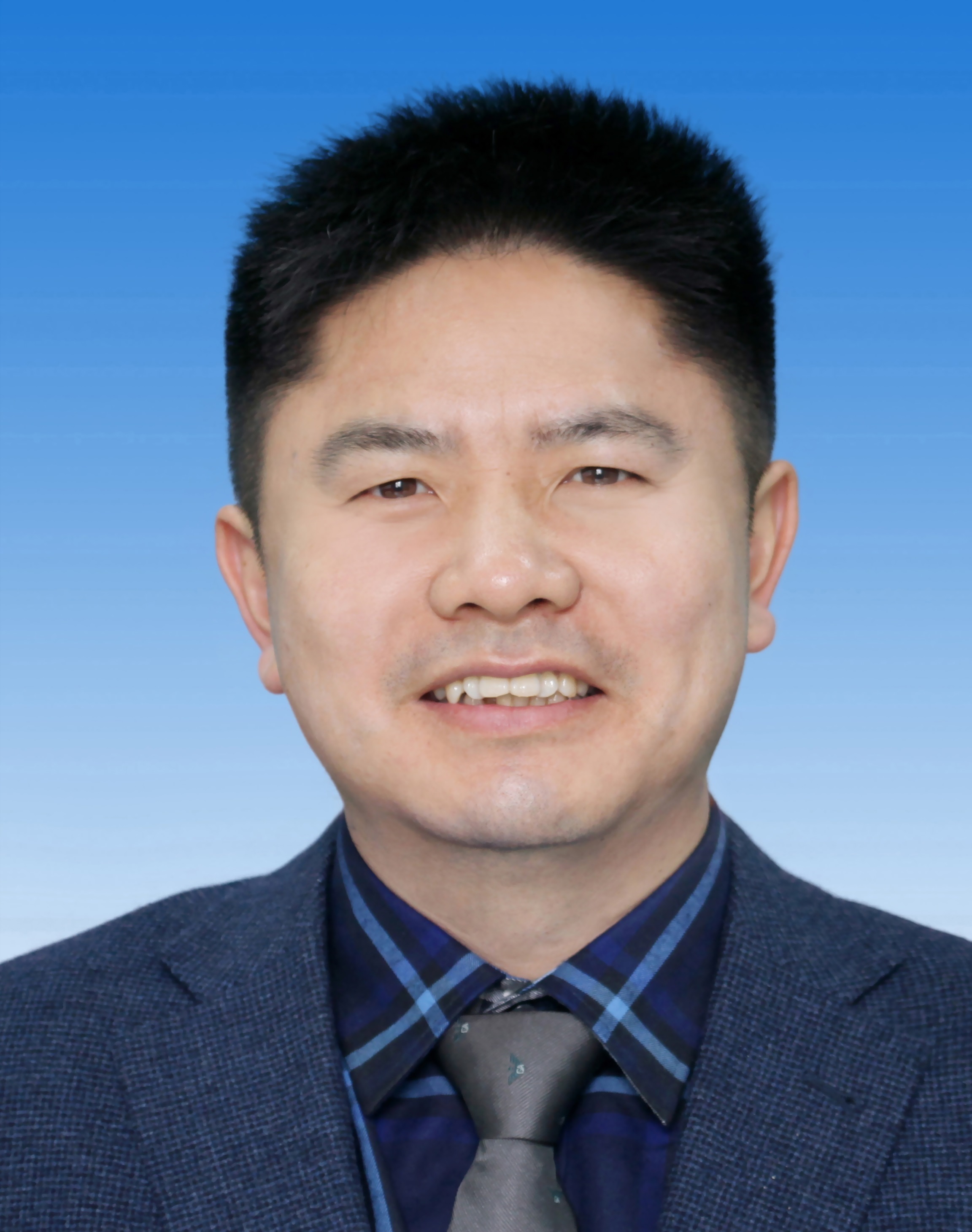
Prof. Qi Huang
University of Electronic Science and Technology of China, China
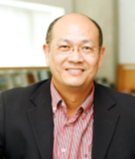
Prof. Tek-Tjing Lie
Auckland University of Technology, New Zealand
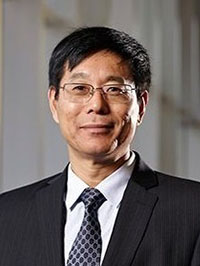
Prof. Qing-Long Han
Swinburne University of Technology, Australia
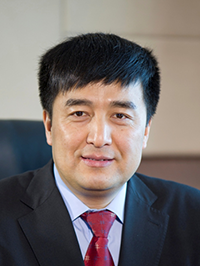
Prof. Liangzhong Yao
Wuhan University, China
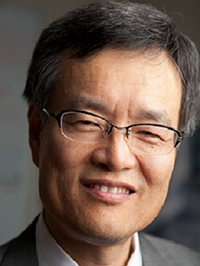
Prof. Hsiao-Dong Chiang
Cornell University, USA
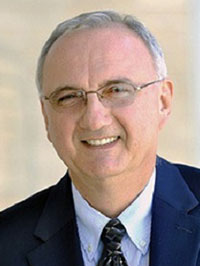
Prof. Mladen Kezunovic
Texas A&M University, USA
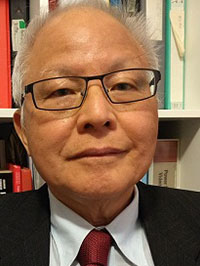
Prof. San Shing Choi
Queensland University of Technology, Australia
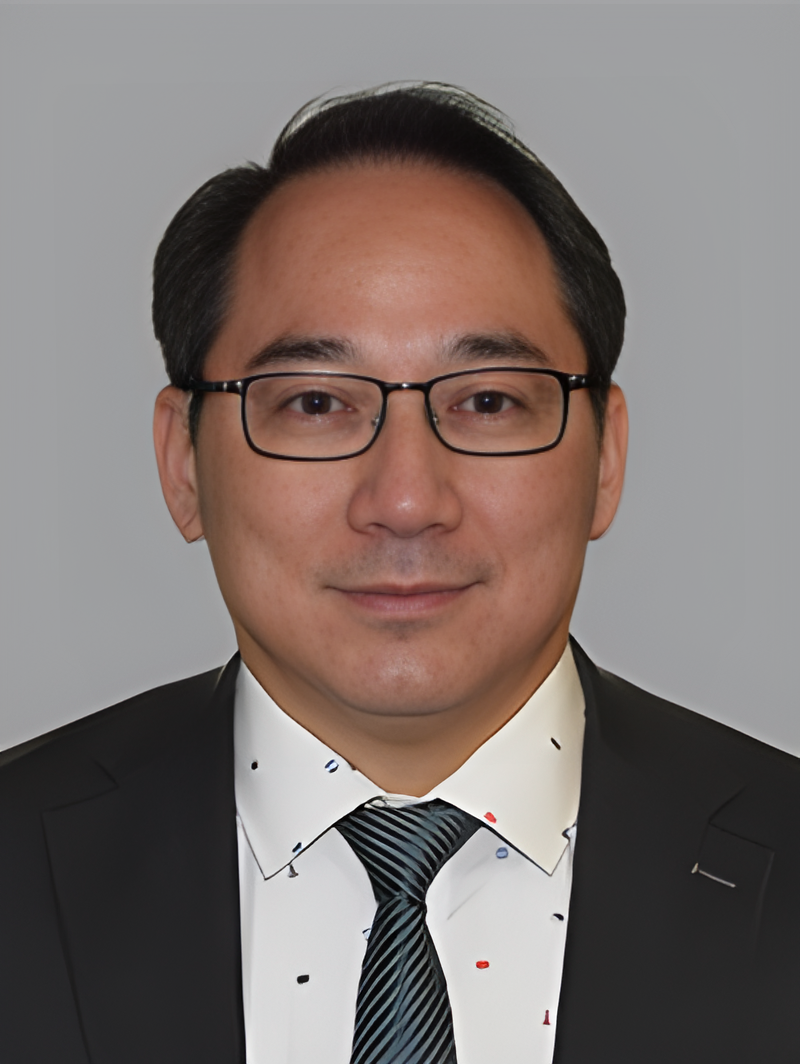
Prof. Chi Yung Chung
The Hong Kong Polytechnic University, HKSAR, China
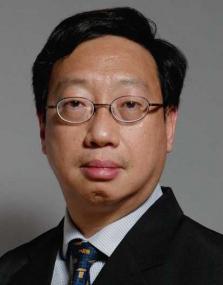
Prof. King Jet Tseng
Singapore Institute of Technology, Singapore
Prof. Yunwei (Ryan) Li
University of Alberta, Canada
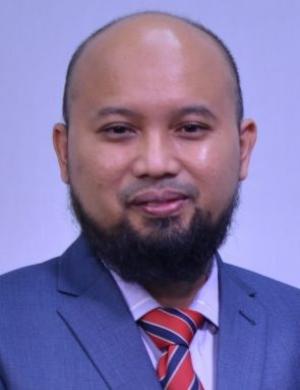
Prof. Hazlie Bin Mokhlis
University of Malaya, Malaysia
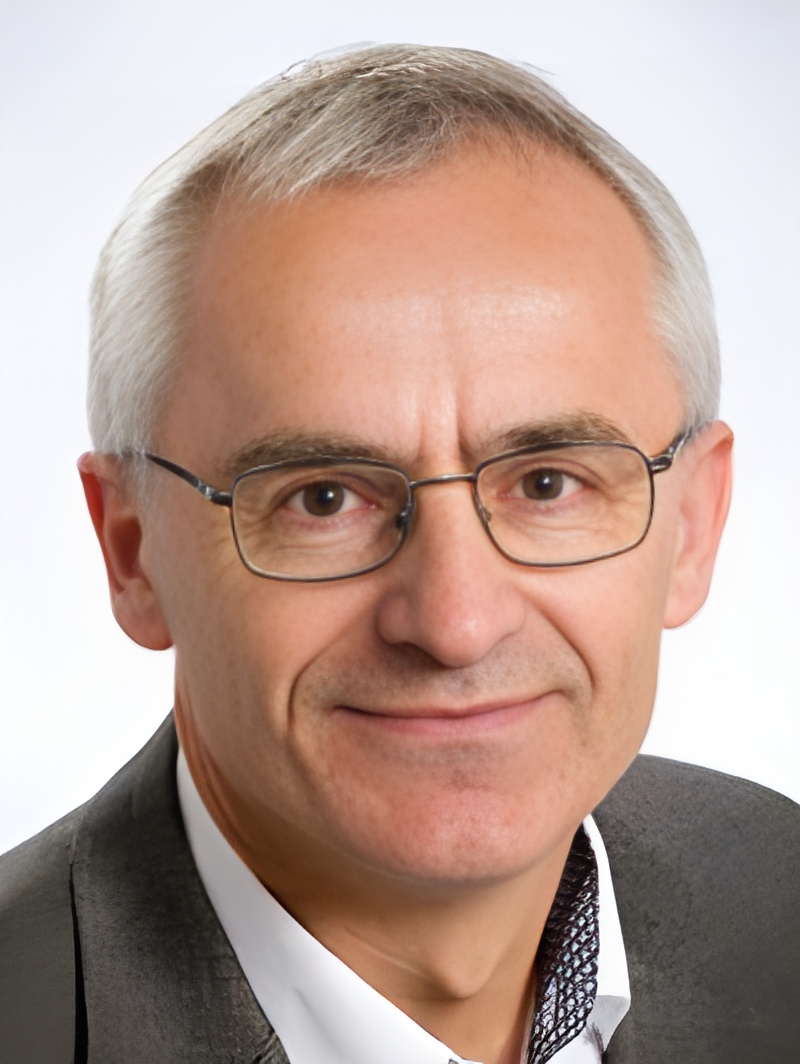
Prof. Frede Blaabjerg
Aalborg University, Denmark
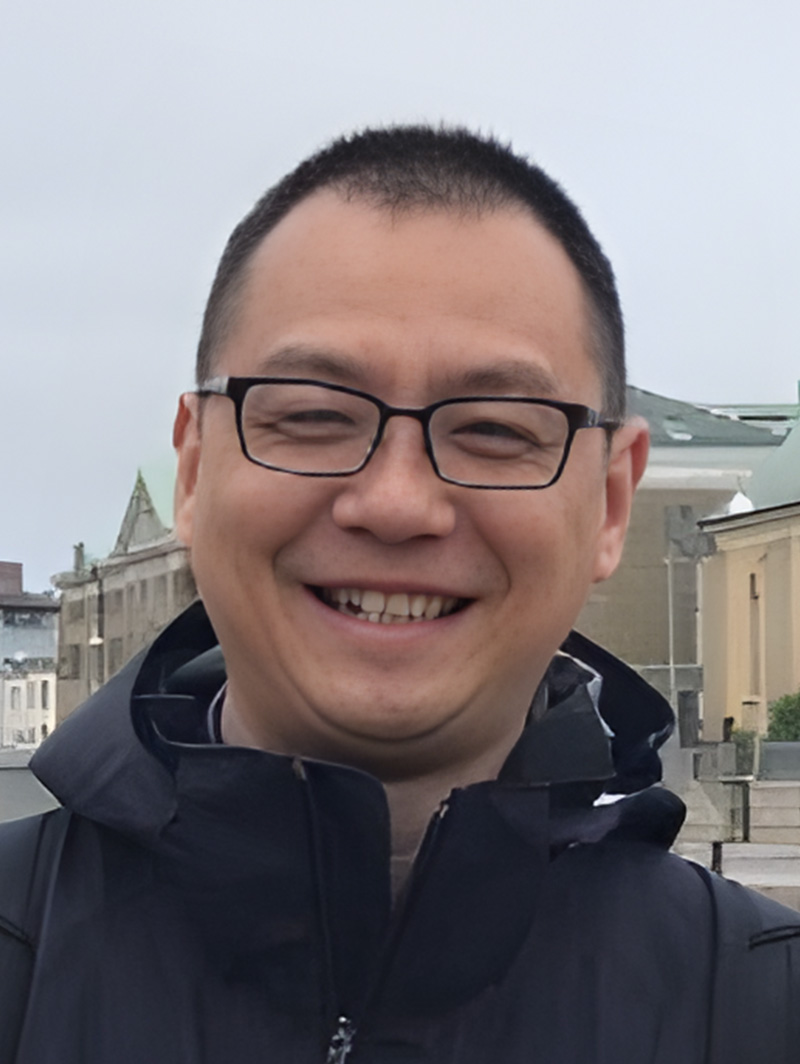
Prof. Tao Jiang
Northeast Electric Power University, China
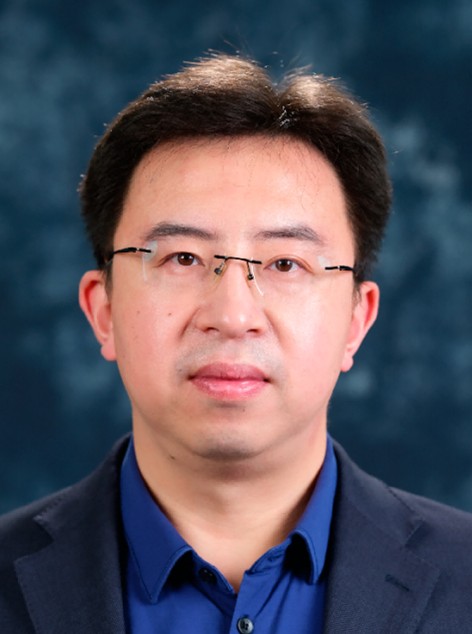
Prof. Lei Ding
Shandong University, China
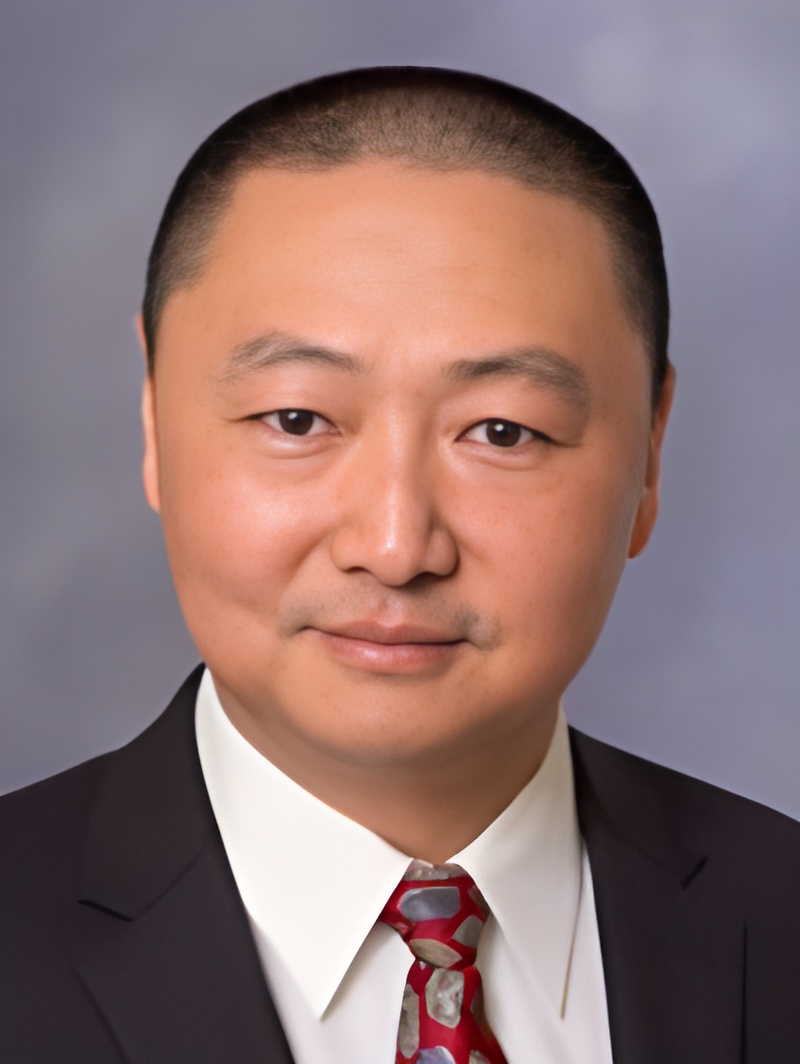
Prof. Yi Zhang
RTDS Technologies Inc., Canada
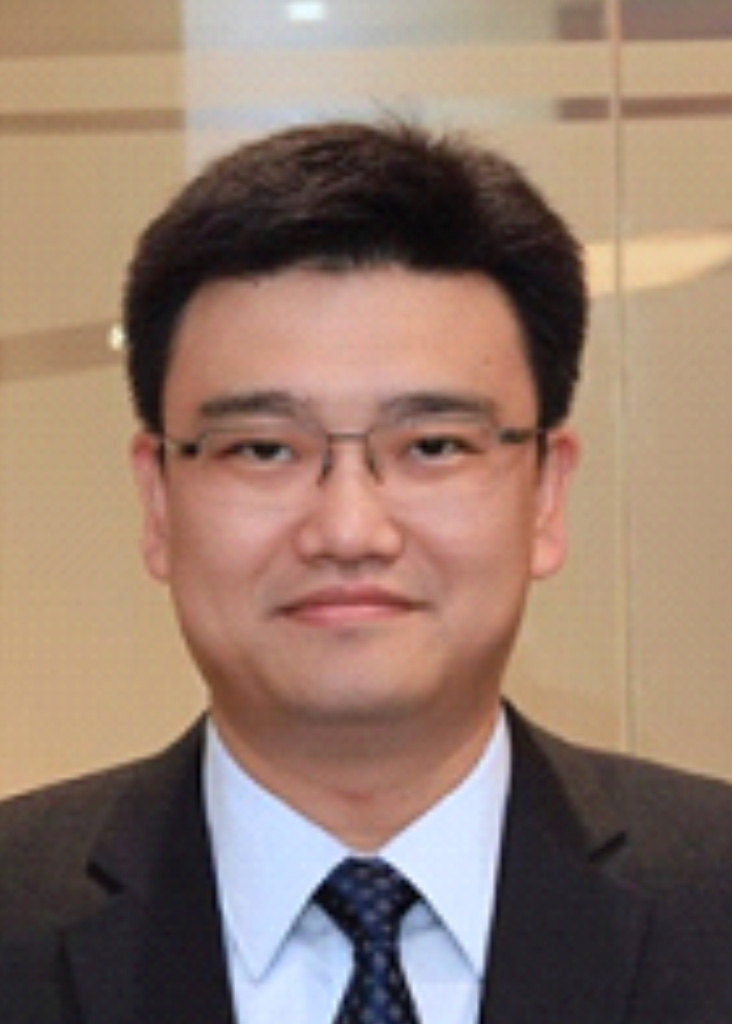
Prof. Yunhe Hou
The University of Hong Kong, HKSAR, China
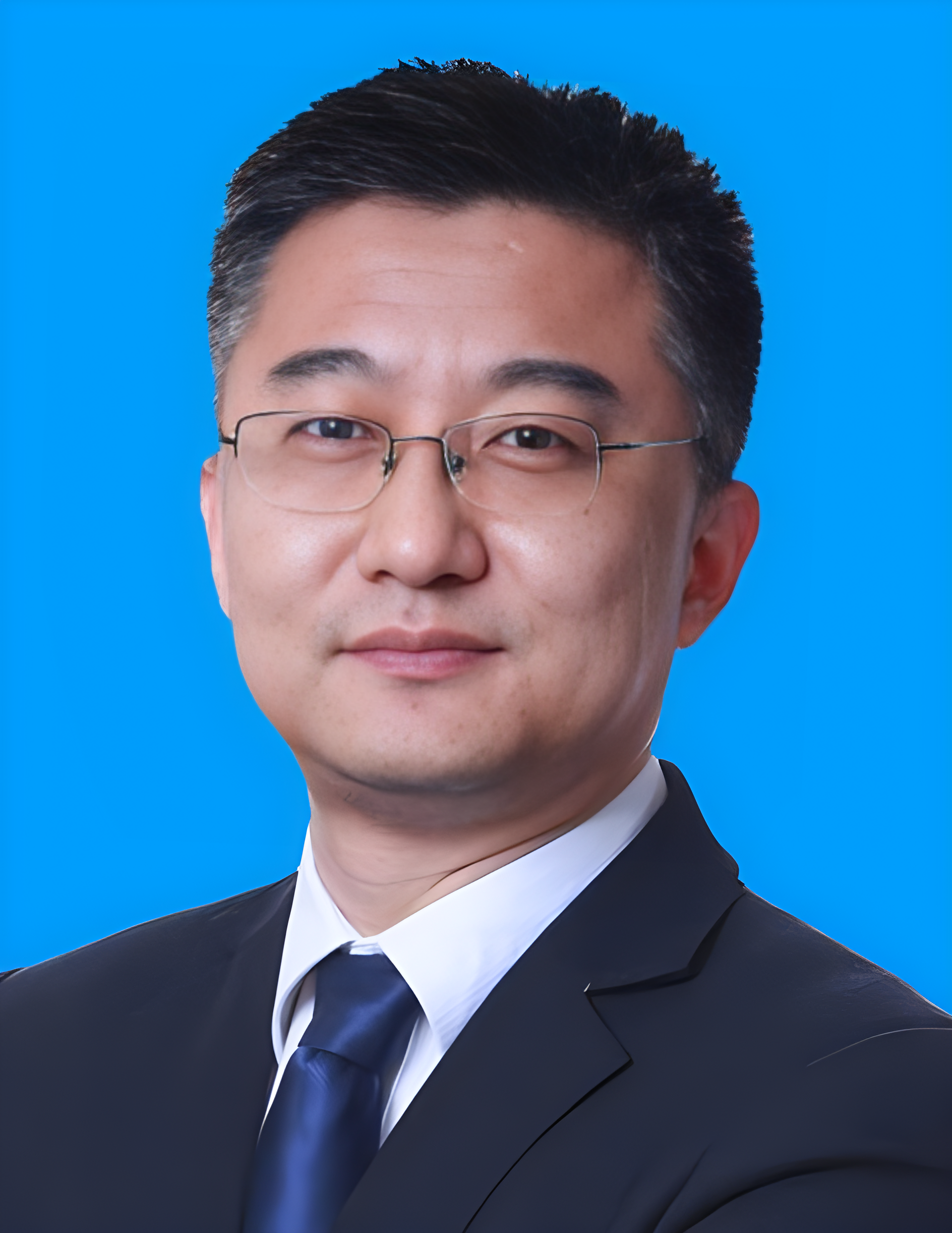
Dr. Yan Li
China Southern Power Grid Research Institute, China
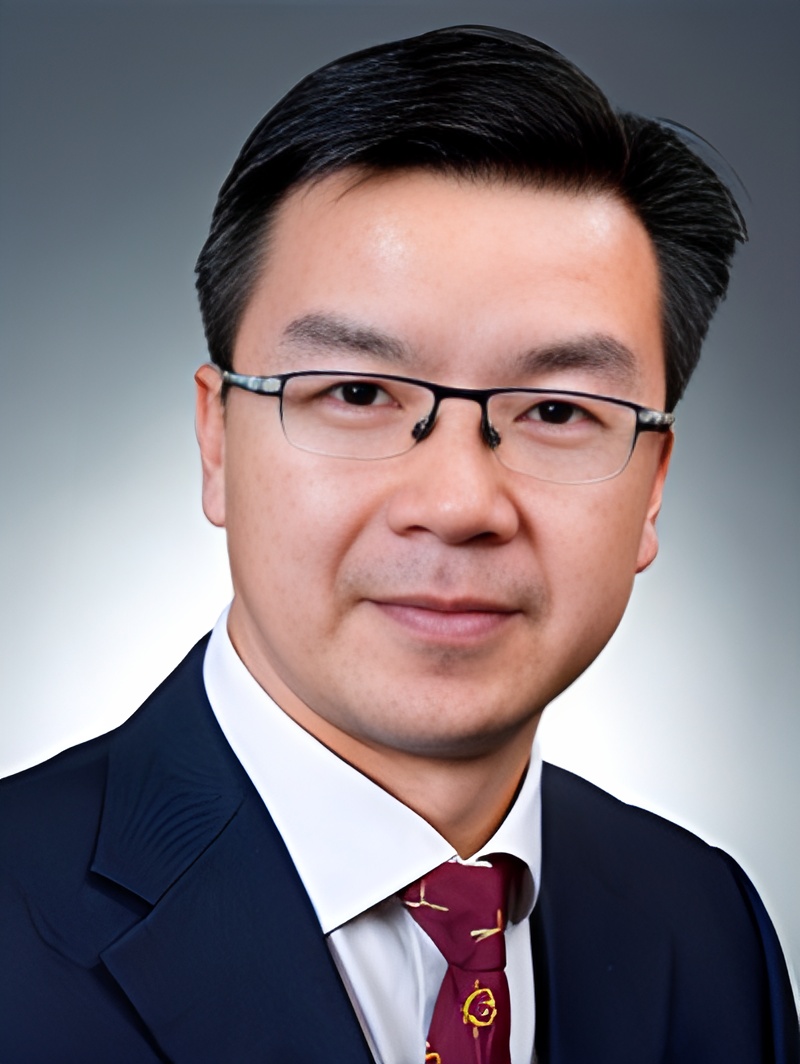
Prof. Jinjun Liu
Xi’an Jiaotong University, China
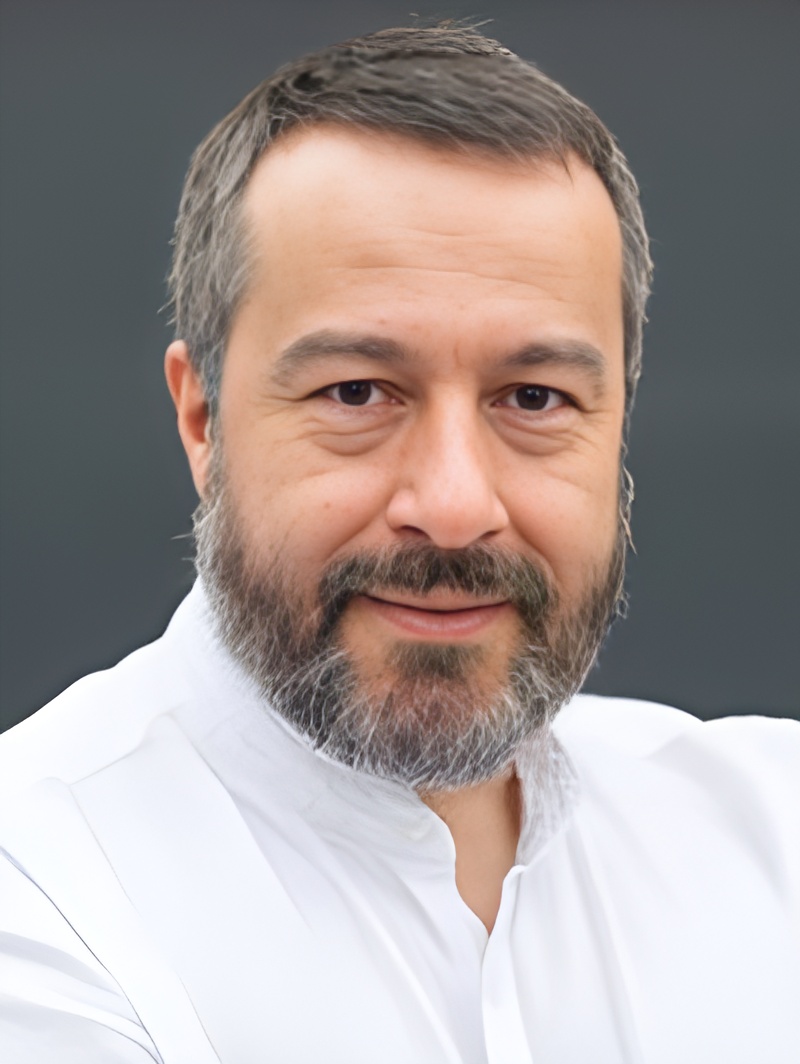
Prof. Sorin OLARU
University Paris-Saclay, France
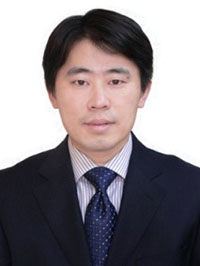
Prof. Yongning Chi
China Electric Power Research Institute, China
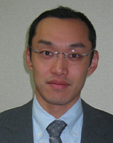
Prof. Seiji Hashimoto
Gunma University, Japan
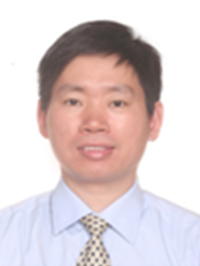
Prof. Guojie Li
Shanghai Jiao Tong University, China
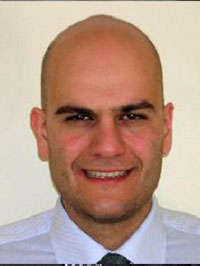
Assoc.Prof. Ioannis Lestas
University of Cambridge, UK
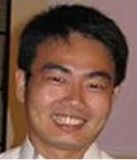
Prof. Yi Ding
Zhejiang University, China
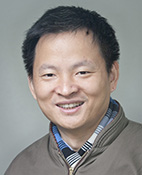
Dr. Daming Zhang
University of New South Wales, Australia
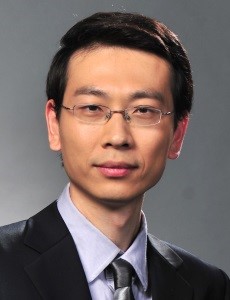
Prof. Keyou Wang
Shanghai Jiao Tong University, China
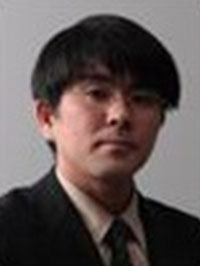
Prof. Jumpei Baba
University of Tokyo, Japan
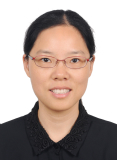
Prof. Juan Yu
Chongqing University, China
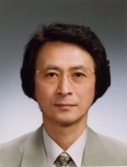
Prof. Ryuichi Yokoyam
Waseda University, Japan
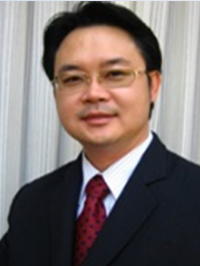
Dr. Nopbhorn Leeprechanon
Thammasat University, Thailand
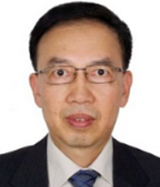
Prof. Zhe Chen
Aalborg University, Denmark
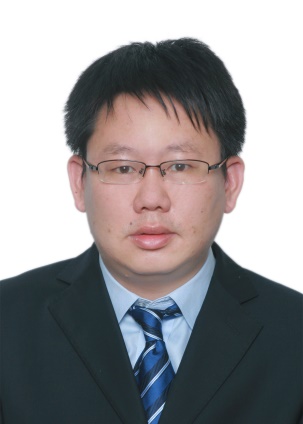
Dr. Bo Zhao
State Grid Zhejiang Electric Power Company, China
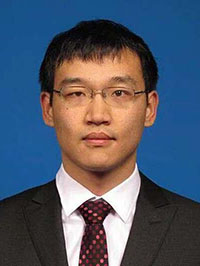
Prof. Zhifang Yang
Chongqing University, China
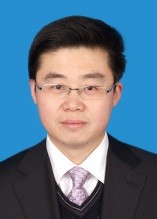
Dr. Lijie Ding
State Grid Sichuan Electric Power Research Institute, China
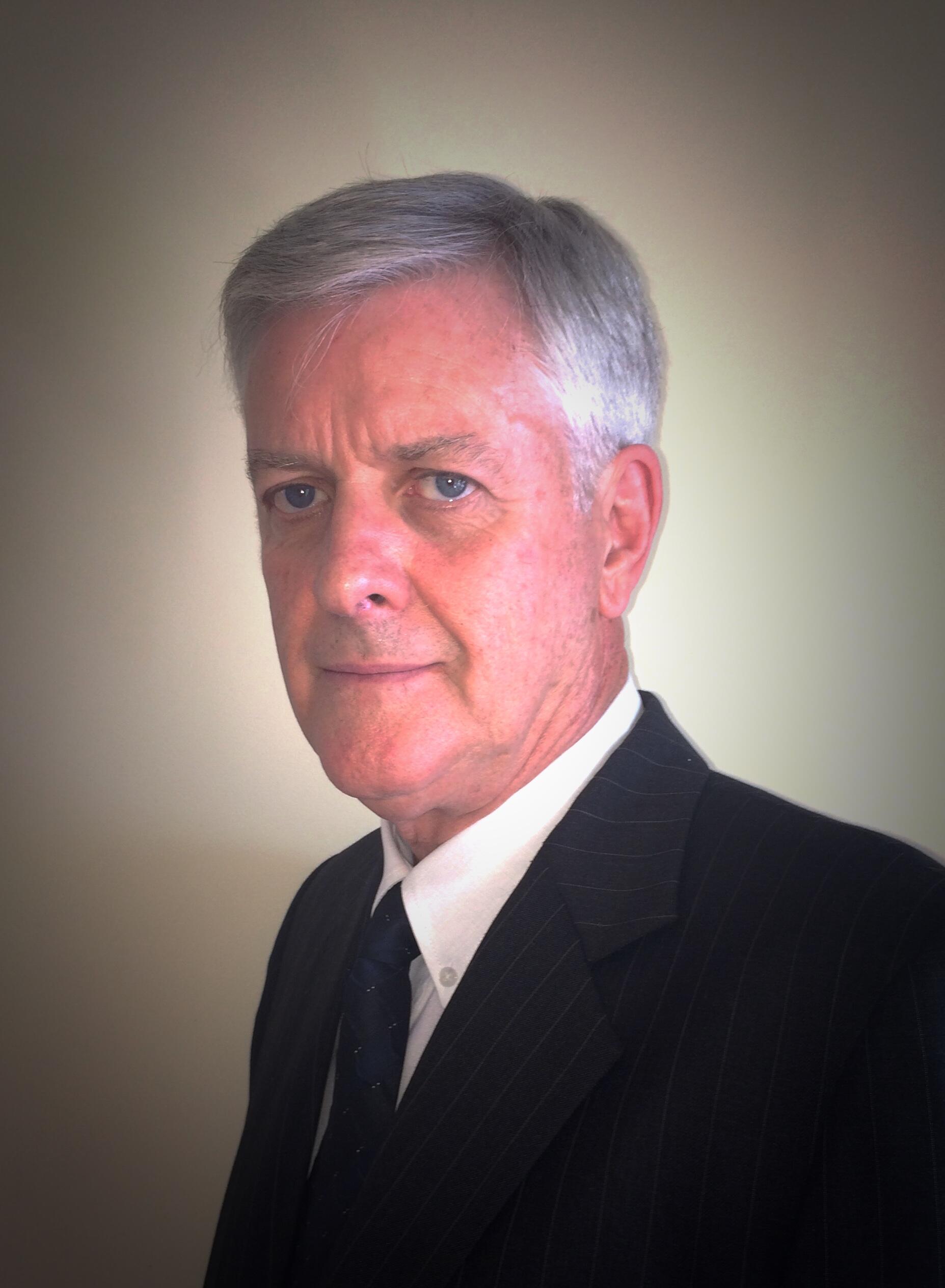
Chairman Ian Porter
Sustainable Energy Now Inc., Australia
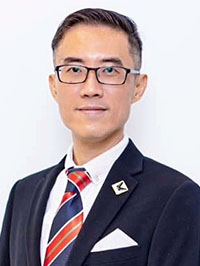
Prof. Chong Kok-Keong
University Tunku Abdul Rahman, Malaysia
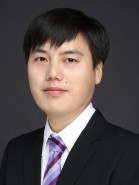
Dr. Can Wan
Zhejiang University, China
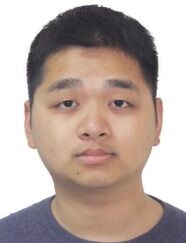
Dr. Sheng Chen
Hohai University, China
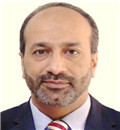
Dr. Yaser Qudaih
Higher Colleges of Technology(HCT), Dubai, UAE
